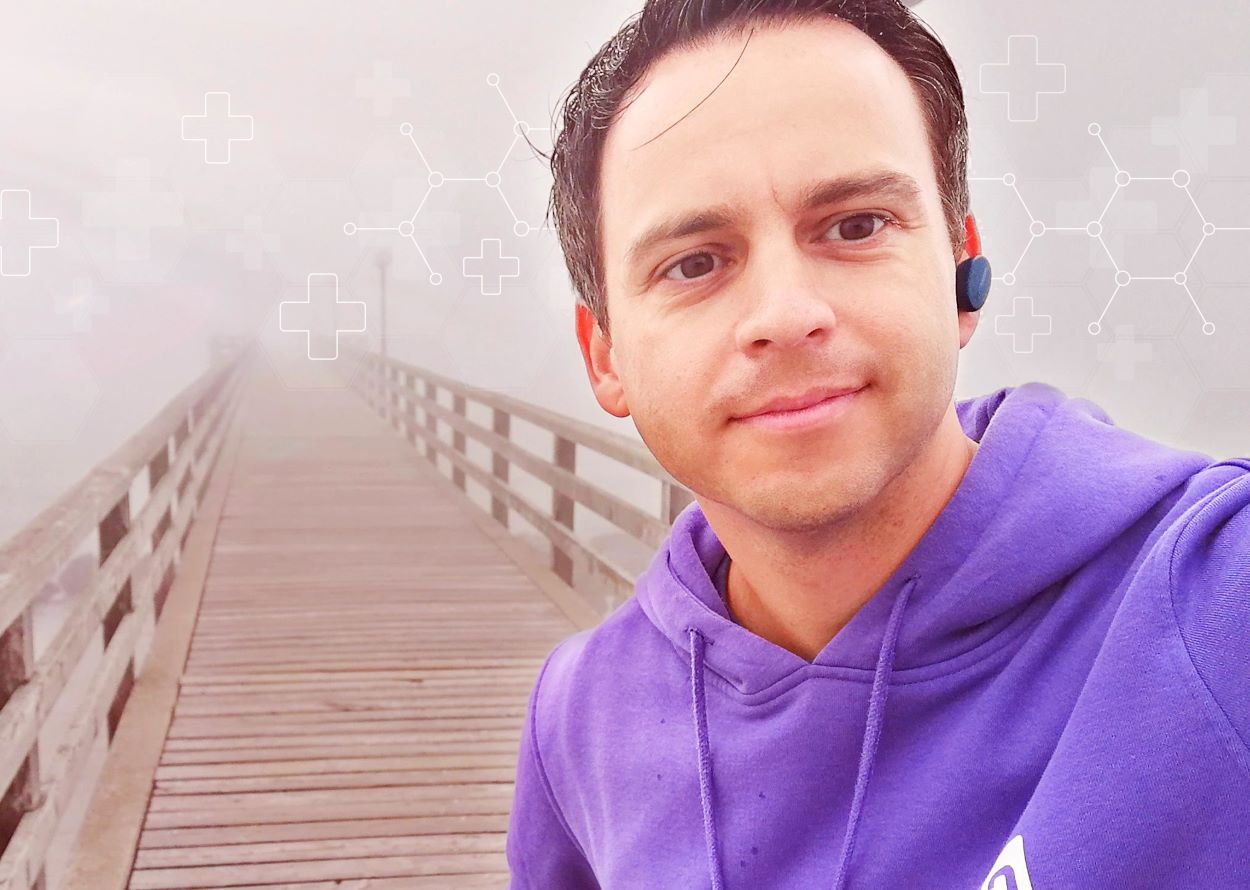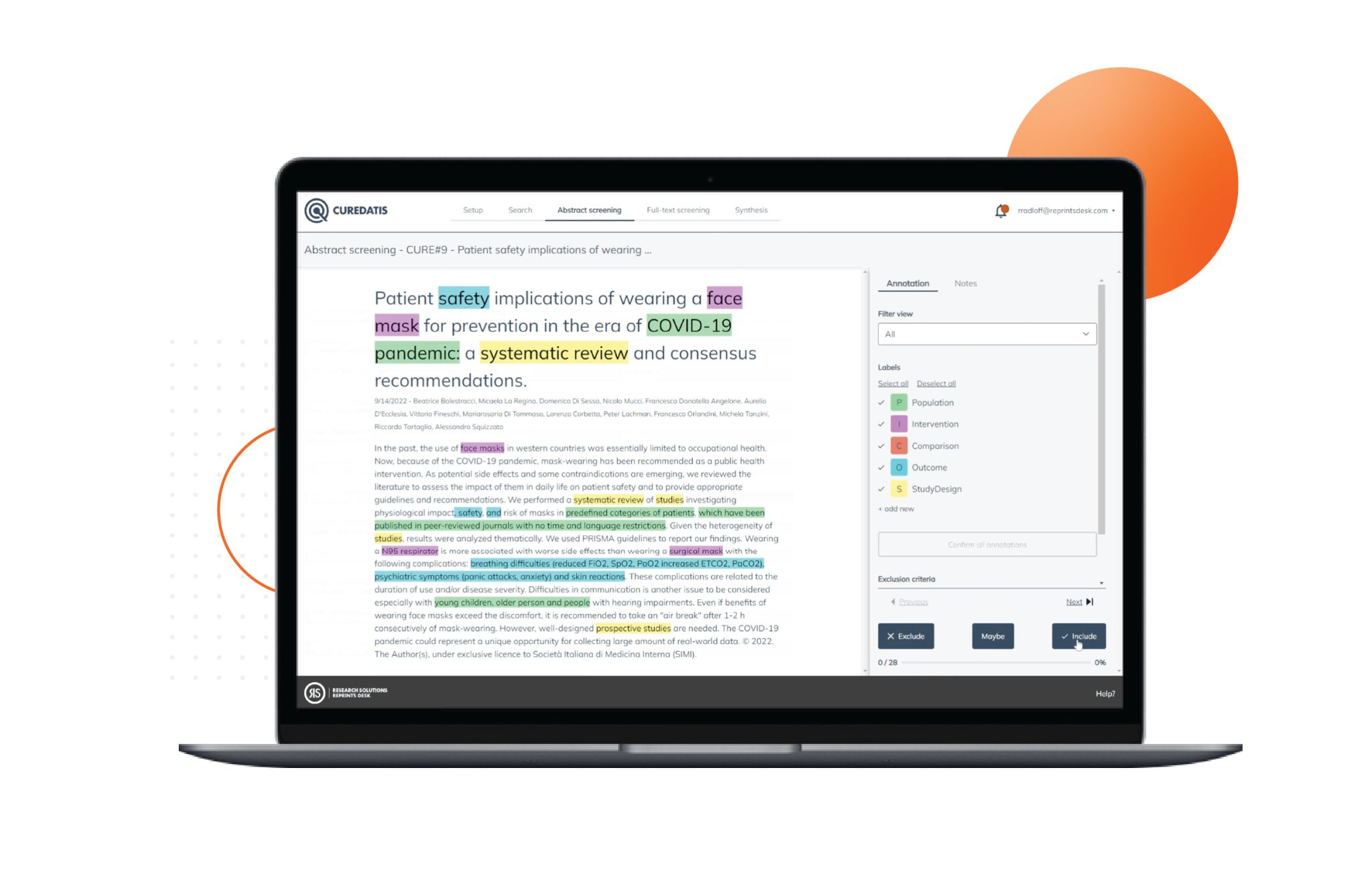Clinical studies – that’s what the C3 in our 4C concept stands for. Our C3 also includes the clinical evaluation, a central process for medical device manufacturers and those who want to become one. We spoke to Robert Radloff, Director of Product Development at Research Solutions, about the importance of the process, how it can be implemented smartly, and what this all has to do with knowledge management.
The clinical evaluation report (CER) of a medical device is one of the most important regulatory documents – why?
Robert Radloff: The clinical evaluation is a systematic process that is mandatory for the medical device manufacturers for placing a device in the European market. The purpose of the evaluation is objective documentation that the device is safe and effective, demonstrating compliance with the EU medical device regulation (MDR).
Why is a systematic, well-planned and documented initial literature search and review so important?
RR: The CER involves input from a variety of internal stakeholders and integration of numerous documents from different departments. The report is also closely linked to other regulatory processes, such as risk management, post-marketing surveillance (PMS), and post-marketing clinical follow-up (PMCF). The different information streams and interconnections make a systematic and well-documented process crucial for a clinical evaluation report to be successful.
In a process as complex as clinical evaluation, where is the best place to start?
RR: As a first step, a clinical evaluation plan (CEP) is required. This outlines the methodology and scope of the clinical evaluation process, including the methodology for a systematic literature search. From a clinical perspective, this document should provide a basic overview of:
- Clinical background and current knowledge for the intended use of the device including state-of-the-art;
- Device and equivalent device-specific clinical data from scientific literature and unpublished manufacturer data; and
- Analysis of the clinical data for safety, risk, performance, and benefit of the device.
The clinical evaluation and systematic literature review should be understood as a core knowledge management process from the beginning, right?
RR: Yes, I agree. The CER should not only be regarded as a regulatory requirement, but also as a device-specific information base. In an ideal scenario, various stakeholders within the company, including R&D, product management, clinical affairs, and sales, keep the information up to date and available cross-functionally within the organization. Potential use cases for a structured literature review, besides clinical evaluations, are:
- Evaluating research methods
- Scientific marketing
- Competitive intelligence
- Patent watch
Are there standards and other tools that you would give to young startups for this?
Robert's literature tips:
Clinical evaluation and systematic reviews:
- MDR (EU) 2017/745 and MEDDEV 2.7/1 rev 4
- MDCG Guideline 2020-06
- Cochrane Handbook of Systematic Reviews
Knowledge Management:
- ISO 30401 – Knowledge Management
- BIOPRO Guide “Wissensmanagement“
Robert Radloff
Robert has more than a decade of experience in the pharmaceutical and medical device industries. He has contributed to several publications in the field of clinical and regulatory research and is a strong proponent of the open innovation approach.






